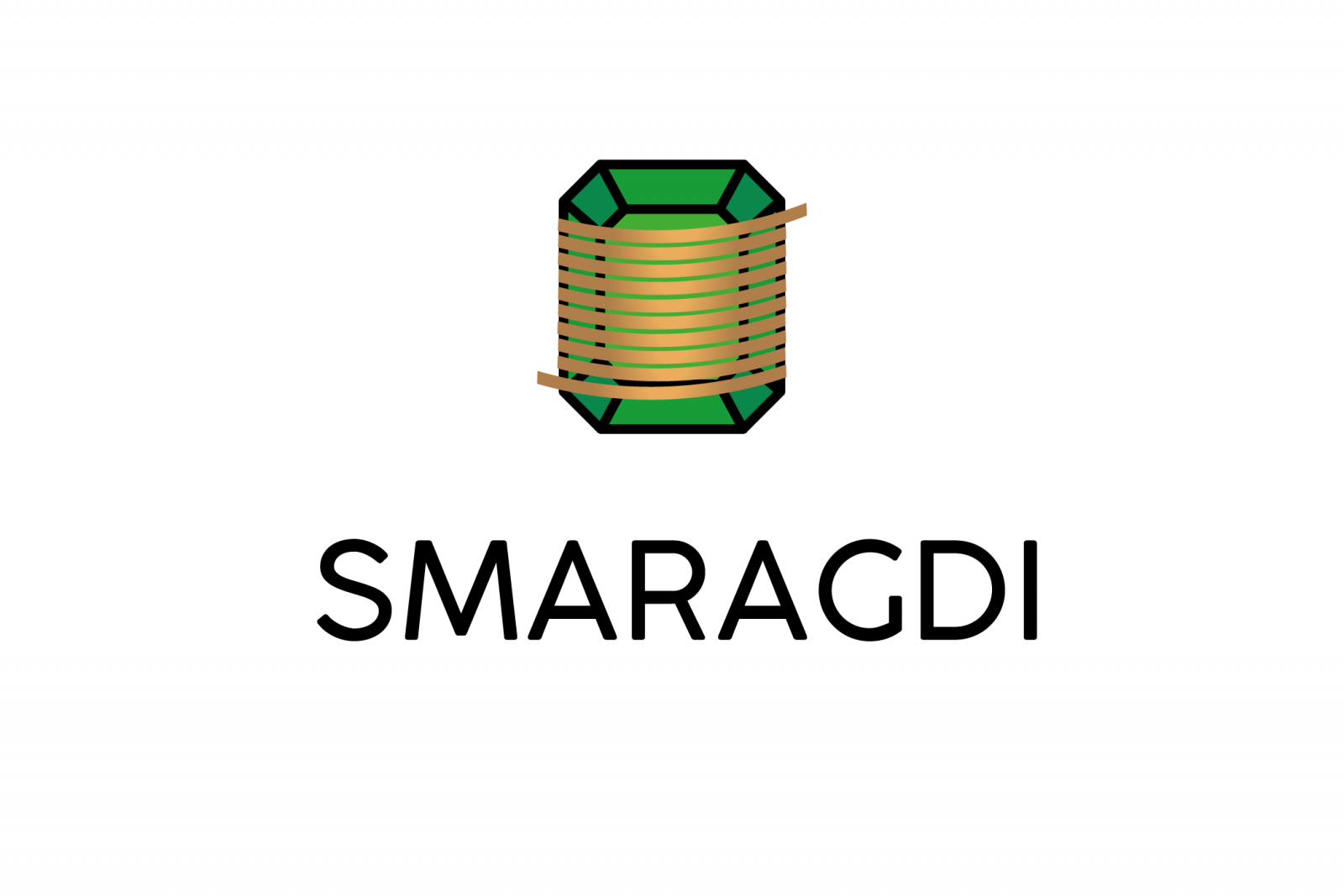Background
Superconductivity is a state exhibited by some materials in which electric current can flow without resistance. The two most common superconducting materials are niobium-titanium (NbTi) and niobium-tin (Nb3Sn), which are low-temperature superconducting (LTS) materials. LTS magnets operate at temperatures of 1.9-4.2 K and require cooling with liquid helium. Each material has its specific cooling requirements, but also a maximum magnetic field that it can sustain while keeping the superconducting state. The most used HTS materials presently are cuprates based on rare-earth materials (for example YBa2Cu3O7−x), or bismuth (for example Bi2Sr2Ca1Cu2O8+x). HTS materials open the door for higher field applications, or lower-field superconducting applications at temperatures of up to 77 K. This simplifies cooling; a nitrogen-based system or a mechanical cryocooler can be used in place of liquid helium.
The large-scale development of particle accelerator magnets, fusion reactors, and magnetic resonance imaging have driven LTS technology development. While HTS materials have been known for over 30 years, large-scale adoption has been prevented by their high cost and technical challenges. Recent developments however indicate that HTS technologies may be approaching a breakthrough. We believe that now is the right time to boost Finnish industry and academia into global superconducting technology business and science.
Goal
The long-term goal of this project is a university-industry ecosystem for developing smart solutions that will facilitate the adoption of HTS technologies in future scientific, energy, medical, and transportation sectors. Expected key outcomes of the two-year-project are:
- Establishing a competence center in Finland for superconducting magnet research, design, fabrication, and testing
- Advancing additive manufacturing technologies as key actors in industrial production
- Improving methodologies to integrate intelligent condition monitoring into complex systems such as superconducting magnet test stations
Impact
SMARAGDI will foster advancement in the design-build-test-learn cycle of HTS magnet development. Furthermore, SMARAGDI will trigger flourishing new collaborations and multidisciplinary research opportunities in the fields of superconducting technology, advanced manufacturing, intelligent condition monitoring, particle accelerators, and energy storage solutions. It enhances close collaboration and Co-Innovation with Finnish academia and industry, as well as commercial and scientific collaborations with world-leading research centers abroad.
Establishing a state-of-the-art experimental superconducting magnet laboratory at Tampere University will foster future collaboration with Finnish companies wishing to explore superconducting product development. It will provide a world-class learning facility for Tampere University engineering students.
Funding
Over 50% of the 2-year research project costs will be covered by Business Finland Co-Innovation funding.
Partners and collaborators
Finnish Industries
Teraloop
Teraloop is a start up company based in Espoo, Finland. The company develops energy efficient flywheel systems for power storage for grid systems.
For more information click here
3D Step Oy
3DStep has provided additive manufacturing services for the industry since 2016. In numerous commercial, research and technology development projects the company has gained unique skills and resources for prototyping, problem solving, product development, design and serial production, based on AM technologies.
For more information click here
Ramentor Oy
Ramentor is a private software and expertise company founded in 2006. The company develops and deploys analysis tools and systematic solutions to increase reliability, optimize maintenance and manage risks.
For more information click here
Luvata Oy
Luvata is the leading manufacturer of low temperature superconductors and special copper alloys for cryogenic applications. With experience of more than 40 years of delivering products for scientific projects, Luvata will provide supporting services such as cryogenic property measurements and sample materials for the project.
For more information click here
Meluta Oy
The companies core competence is the development of signal processing and sensor technologies. They focus of development of sensor technology based on acoustic and vibroacoustic measurements. Other business interests include design and implementation of embedded electronics, radio technology, digital electronics, and energy efficient systems.
For more information click here
International research partners
Oregon State University, United States of America
Simon Fraser University, Canada
University of Grenoble, France
More partners will be added soon!

